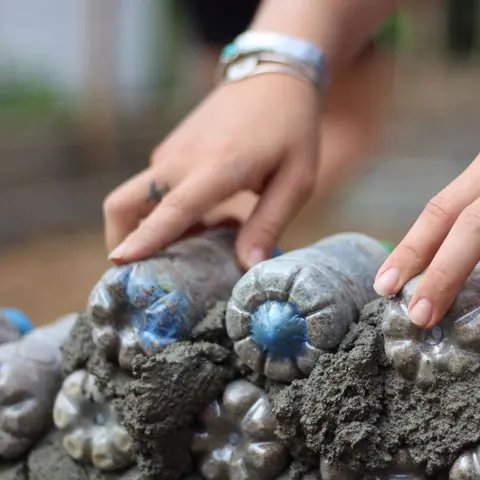GIVE: Why Water?
Written by: Jason Thonssen
11/6/2013
A relatively unheralded crisis, given its worldwide impact and shocking toll on resources and human life is the lack of access to clean fresh water, specifically Central America, Africa, and Southeast Asia. Something as simple as water for drinking and bathing can really be taken for granted in Western society, but for much of the world it is a major issue. GIVE focuses on providing water to rural communities abroad, in addition to education, because of the amount of people without access to clean, fresh water.
In fact, estimations range from 780 million to 1.2 billion people without access to safe water today. Of that number, 3.4 million people die every year from water related diseases or a general lack of water, 90% of whom are children. Beyond the cost in lives, the shortage of water is having an adverse affect on the education and economies of these communities. Most of the affected communities are rural and have no water access at all so people must walk, sometimes for hours, to a well to draw out dirty water. Oftentimes, the water fetchers are women and children and the amount of time spent fetching water keeps them from attending school or working jobs that could help support the family financially. This loss is significant not only for the person, but for the local economy as 152 million working hours are spent by impoverished people each day just collecting water.






“GIVE focuses on providing water to rural communities abroad, in addition to education, because of the amount of people without access to clean, fresh water.”

To combat these situations, GIVE volunteers constructed a freshwater pipeline and built a sanitary holding tank out of several thousands of recycled bottles in Zanzibar.
GIVE volunteers, along with student engineers, also built a water filtration system in Nicaragua. Additional water systems are in line for the community in Nicaragua, and will not only be the first of their kind in these locations, but will go a long ways in helping the economy and the health of the people in a short time after their completion.


